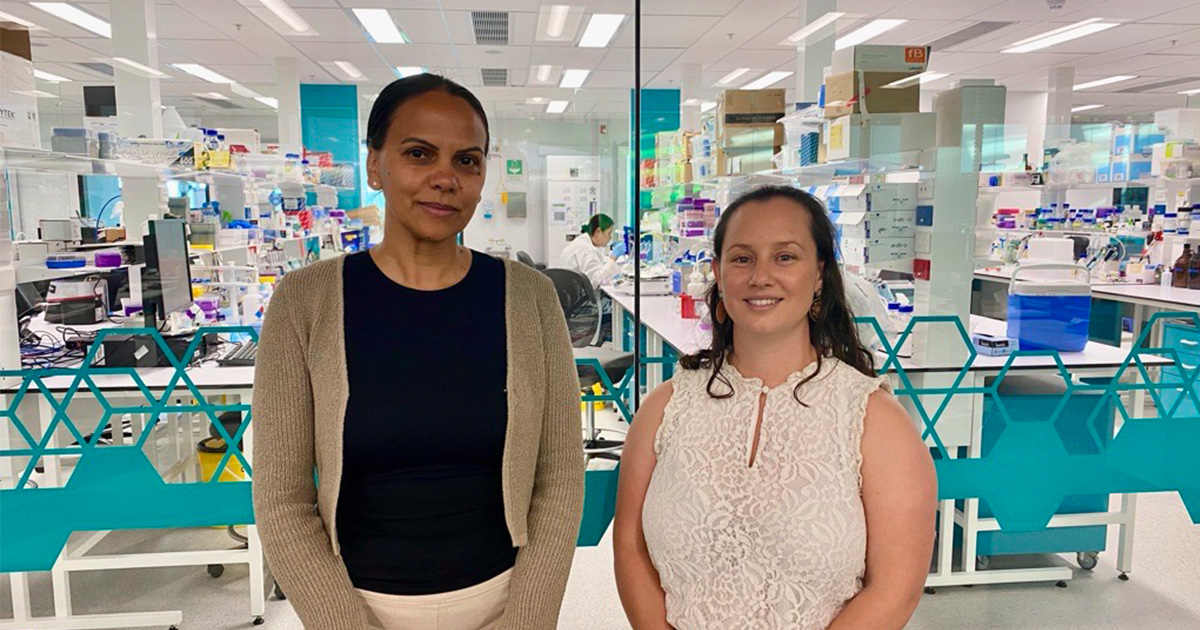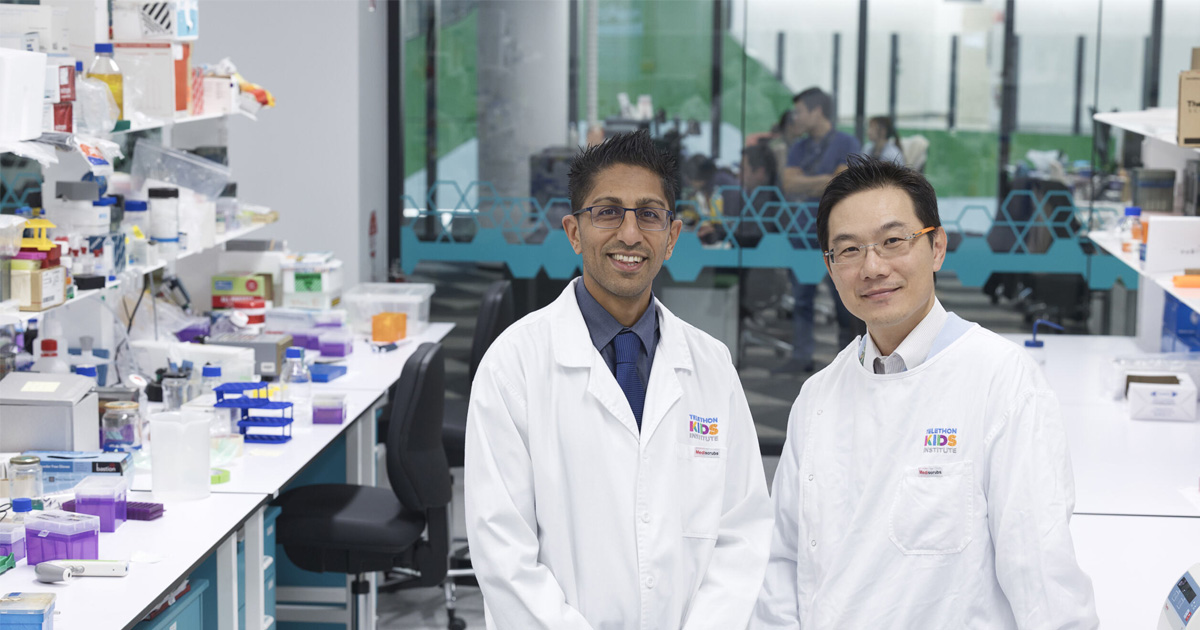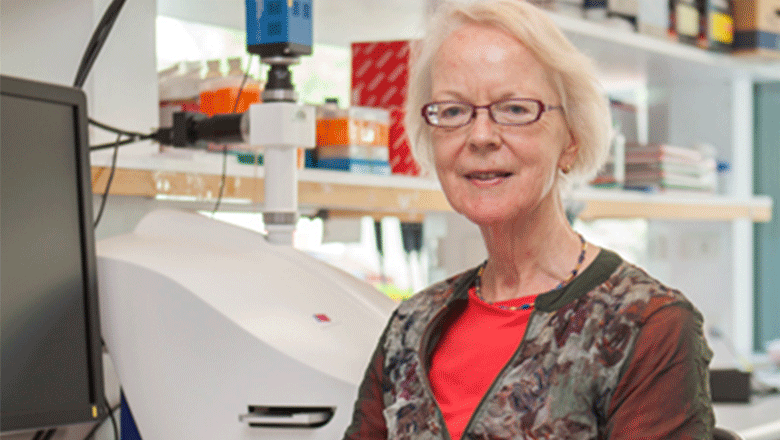Search
Research
Connective tissue growth factor is expressed in bone marrow stromal cells and promotes interleukin-7-dependent B lymphopoiesisHematopoiesis occurs in a complex bone marrow microenvironment in which bone marrow stromal cells provide critical support to the process through direct cell...
Research
Comparative drug screening in NUT midline carcinomaThe NUT midline carcinoma (NMC) is a rare but fatal cancer for which systematic testing of therapy options has never been performed.
Research
Hepatic sinusoidal obstruction syndrome during chemotherapy for childhood medulloblastoma: Report of a case and review of the literatureWe report a patient with high-risk anaplastic medulloblastoma who developed severe HSOS during her second cycle of maintenance chemotherapy.
Research
Childhood and parental diagnostic radiological procedures and risk of childhood brain tumorsWe found no evidence of positive associations between risk of childhood brain tumours overall and childhood or parental pre-pregnancy radiological procedures.
Research
Bioenergetic modulation overcomes glucocorticoid resistance in T-lineage acute lymphoblastic leukaemiaDrug-resistant forms of acute lymphoblastic leukaemia (ALL) are a leading cause of death from disease in children.

News & Events
Setting the agenda: Urgent priorities to close the childhood cancer gap for Aboriginal and Torres Strait Islander childrenA review led by the First Nations Childhood Cancer team at The Kids Research Institute Australia has highlighted the urgent need for Indigenous-specific studies focused on cancer outcomes, survivorship and equity.

News & Events
New study uncovers dual benefit of bone-protecting treatment for childhood leukaemiaA groundbreaking study from cancer researchers at The Kids Research Institute Australia has identified a promising new therapeutic strategy for children battling the most common childhood cancer – B-cell acute lymphoblastic leukaemia.

News & Events
The Kids Research Institute Australia researchers share in State Government science grantsFour The Kids Research Institute Australia researchers are among those who have received funding in the WA State Government's Merit Award Program announced today.

News & Events
New drug hope for babies with leukaemiaResearchers at The Kids Research Institute Australia have discovered a new drug combination that could help improve survival rates for babies with leukaemia.

News & Events
The Kids researchers awarded Raine Medical Research Foundation fundingCongratulations to three The Kids Research Institute Australia researchers, who have been awarded funding from the Raine Medical Research Foundation.
